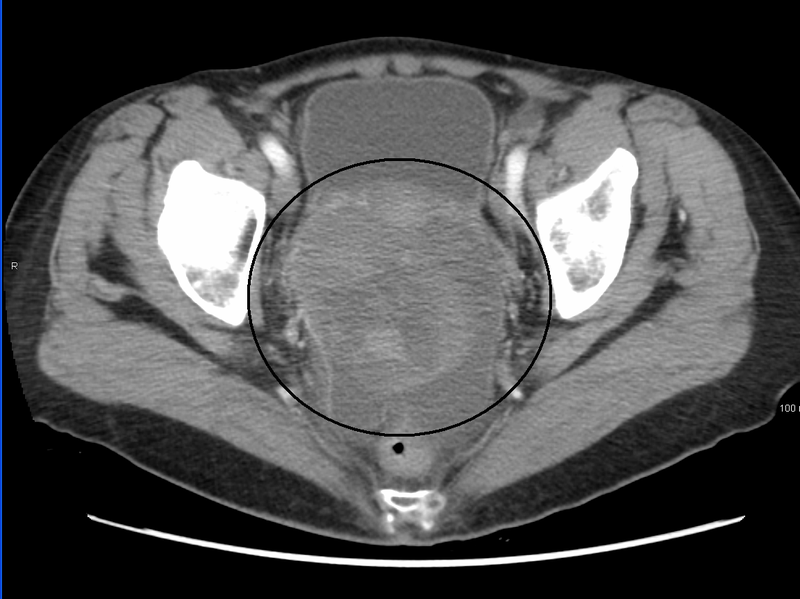Removing Ovaries Early Saves Women From Cancer

Women who have their ovaries removed early in their adult lives appear to significantly reduce their odds of both developing and dying from ovarian cancer, according to a new study.
The study published in the Journal of Clinical Oncology showed that in women with a BRCA1 gene mutation, having their ovaries removed before the age of 35 reduced the odds of dying from ovarian cancer by the age of 70 by nearly 80 percent.
The procedure, called an oophorectomy, has become popular among women with the BRCA1 or BRCA2 gene mutations. These mutations, which significantly increase a woman's chances of developing breast and ovarian cancer, found the media spotlight last year after actress Angelina Jolie went through a preventative double mastectomy, having both her natural breasts removed in an effort to avoid developing breast cancer. Women with BRCA gene mutations have a 70 percent higher chance of developing aggressive breast cancers as they enter late adulthood. The numbers behind ovarian cancer rates for women with the mutations are not much better. Jolie, whose mother had died of ovarian cancer at the age of 56, has also announced plans to go through a preventative oophorectomy as well.
The study followed 5,783 women who carried mutations of the BRCA genes. Among these study participants, 3513 women had their ovaries removed before or during the study, leaving 2270 who did not go through the procedure.
Over the course of nearly six years, 186 women developed some form of ovarian cancer. The researchers reported that the women who took preventative measures reduced their risk of contracting ovarian cancer by nearly 80 percent. Women who waited until they were 40 years or older to have their ovaries removed were 40 percent more likely to develop the cancer, compared to those who underwent an oophorectomy around their 35th birthday.
Interestingly, unlike with breast cancer, it appeared only women with the BRCA1 gene mutation were at a heightened risk of the cancer to begin with. For women with the BRCA2 mutation, the risk of developing ovarian cancer remained very low.
Researchers also noted that the risk of ovarian cancer among all women is only 1.4 percent to begin with, showing that women with BRCA mutations should be far more concerned about breast cancer first and foremost. Of all the women who died during the study, only 68 died from ovarian cancer alone, while 333 died from breast cancer.
Still, researchers urge women with BRCA gene mutations to consider taking all preventative measure available to them -- like Angelina Jolie did -- that may protect their lives as they continue to age.
The study was published in the Journal of Clinical Oncology on February 24.
© MD News Daily.
